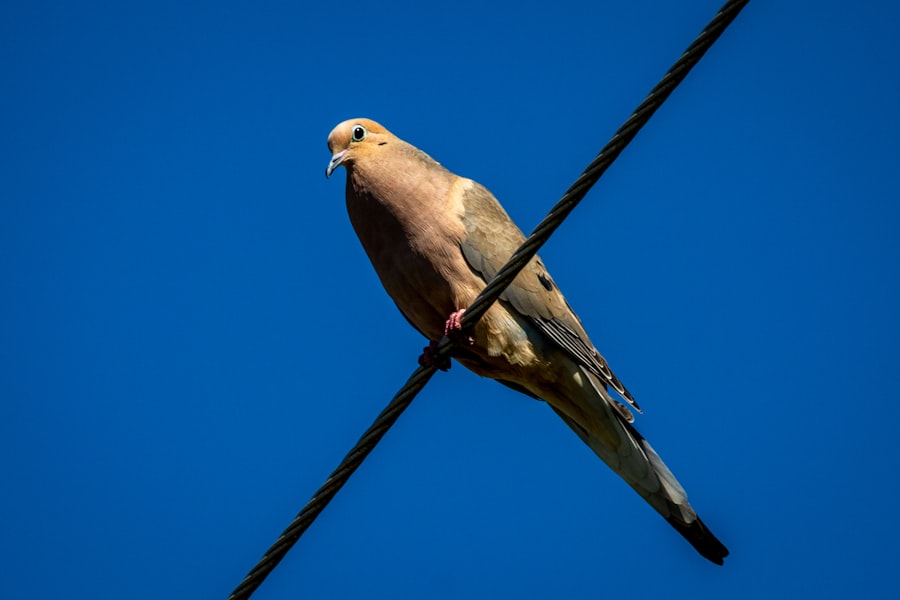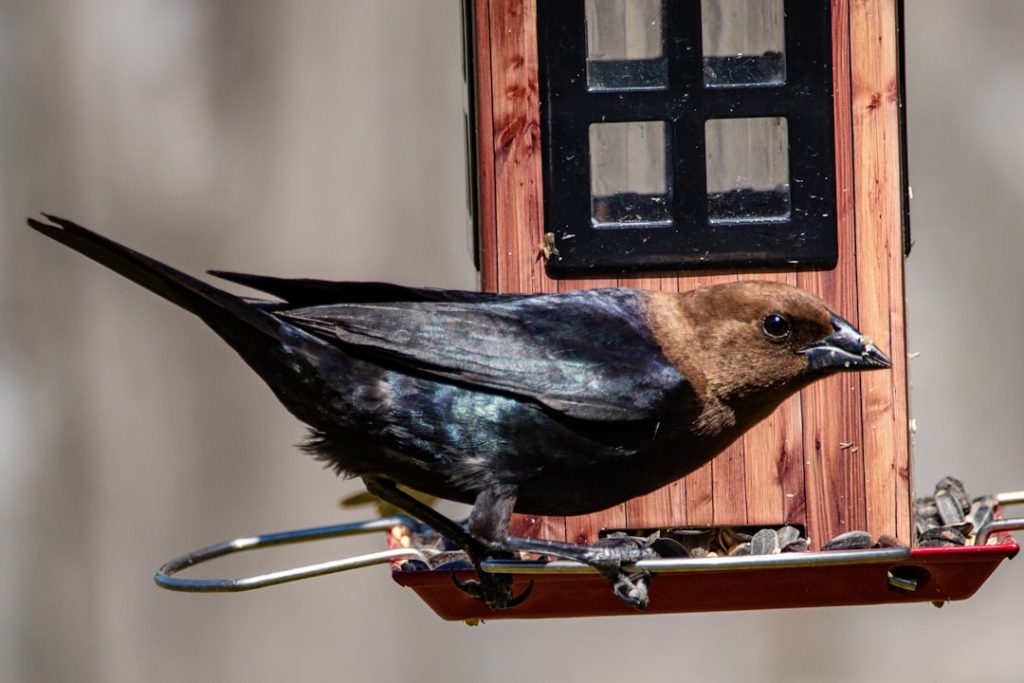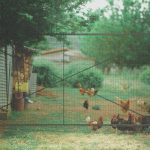Chicken keeping has gained popularity in recent years due to increased interest in sustainable living and self-sufficiency. Chickens provide fresh eggs, natural pest control, and fertilizer for gardens. They can be kept in both rural and urban settings, offering a rewarding experience for owners.
However, proper care and understanding of chicken needs are essential for their health and well-being. Various chicken breeds exist, each with distinct characteristics and egg-laying capacities. Some breeds are known for their calm temperament, while others are valued for high egg production.
Prospective chicken keepers should research different breeds to find those best suited to their needs and environment. It is also crucial to review local regulations and zoning laws regarding chicken keeping, as some areas may have restrictions on flock size or specific coop construction requirements.
Table of Contents
Key Takeaways
- Keeping chickens can be a rewarding and enjoyable experience for both beginners and experienced poultry keepers.
- Providing adequate housing and space for chickens is essential for their health and well-being.
- Feeding and watering chickens with a balanced diet and clean water is crucial for their growth and productivity.
- Regular health checks and maintenance are necessary to ensure the overall well-being of chickens.
- Implementing effective predator and pest control measures is important to protect chickens from harm.
Housing and Space Requirements for Chickens
Coop Requirements
When it comes to housing chickens, providing a safe and comfortable coop is essential for their well-being. The coop should be well-ventilated, predator-proof, and provide enough space for the chickens to move around freely. The general rule of thumb is to allow at least 2-3 square feet of space per chicken inside the coop, and 8-10 square feet per chicken in the outdoor run.
Coop Features and Maintenance
This will ensure that the chickens have enough room to roost, nest, and scratch around without feeling overcrowded. The coop should also include nesting boxes for the hens to lay their eggs, as well as roosting bars for them to perch on at night. It’s important to keep the coop clean and dry, as a dirty environment can lead to health issues for the chickens.
Securing the Coop and Outdoor Run
Additionally, the coop should be secure from predators such as raccoons, foxes, and birds of prey. This may involve using hardware cloth to cover windows and vents, as well as installing a sturdy latch on the door to prevent unwanted intruders. The outdoor run should be enclosed with a wire mesh fence to keep predators out and provide protection from the elements.
The Importance of Space and Freedom
Providing ample space for the chickens to roam will not only keep them healthy and happy but also prevent boredom and destructive behavior. By providing a safe and comfortable home for your chickens, you can ensure they lead a happy and healthy life.
Feeding and Watering Chickens

Feeding chickens a balanced diet is crucial for their overall health and egg production. A good quality commercial feed that is specifically formulated for laying hens is a great foundation for their diet. This feed typically contains the right balance of protein, vitamins, and minerals to support egg production and overall health.
In addition to commercial feed, chickens can also be given kitchen scraps such as fruit and vegetable peels, bread, and cooked grains. It’s important to avoid feeding them foods that are high in salt, sugar, or fat, as well as anything that is toxic to chickens such as avocado or chocolate. Fresh water should always be available to the chickens, as they need it for digestion, egg production, and regulating body temperature.
Waterers should be kept clean and free of debris to prevent contamination and disease. During hot weather, it’s important to provide shade and cool water to prevent heat stress in the chickens. In colder climates, heated waterers can help prevent water from freezing during the winter months.
Health and Maintenance of Chickens
Maintaining the health of your chickens is essential for their well-being and productivity. Regular health checks should be performed to monitor for signs of illness or injury. Common health issues in chickens include respiratory infections, parasites, and egg binding in hens.
It’s important to familiarize yourself with common chicken ailments and their symptoms so that you can take prompt action if necessary. In addition to regular health checks, chickens also require routine maintenance such as wing clipping, nail trimming, and dust bathing. Wing clipping can prevent chickens from flying over fences and escaping from the coop, while nail trimming can prevent overgrowth and discomfort for the birds.
Dust bathing is a natural behavior for chickens that helps keep their feathers clean and free of parasites. Providing a designated area with fine sand or diatomaceous earth for dust bathing will help keep your chickens healthy and comfortable. Vaccinations are another important aspect of chicken health care, especially if you live in an area where certain diseases are prevalent.
Common vaccinations for chickens include Marek’s disease, Newcastle disease, and infectious bronchitis. Consult with a poultry veterinarian or local extension office to determine which vaccinations are necessary for your flock based on your location and risk factors.
Dealing with Predators and Pests
Predators such as raccoons, foxes, hawks, and snakes pose a constant threat to backyard chickens. It’s important to take proactive measures to protect your flock from these predators by securing the coop with sturdy fencing, hardware cloth, and predator-proof latches. Additionally, motion-activated lights or sound devices can help deter nocturnal predators from approaching the coop.
In addition to predators, chickens are also susceptible to pests such as mites, lice, and worms. Regularly inspecting your chickens for signs of pests such as feather loss, irritation, or lethargy can help catch infestations early on. There are various treatment options available for controlling pests in chickens, including dusting powders, sprays, and herbal remedies.
Keeping the coop clean and dry can also help prevent pest infestations by eliminating potential breeding grounds.
Benefits of Keeping Chickens

Waste Management and Fertilization
Chickens are excellent at reducing kitchen waste by consuming food scraps and turning them into nutrient-rich compost for the garden. Their droppings also make an excellent natural fertilizer that can be used to enrich soil and improve plant growth.
Pest Control and Entertainment
In addition to their waste management abilities, chickens are also great at controlling pests such as slugs, snails, and insects in the garden. Chickens are also known for their entertaining personalities and social interactions. Watching them scratch around in the yard, take dust baths, or interact with each other can be quite amusing and therapeutic.
Sustainability and Well-being
Many chicken owners find that spending time with their flock is a great way to de-stress and connect with nature. From a sustainability standpoint, keeping chickens can also reduce your carbon footprint by providing a local source of fresh eggs that doesn’t require transportation or packaging. Additionally, raising chickens in a humane and ethical manner allows you to have full control over their living conditions and diet.
Is Keeping Chickens Easy?
While keeping chickens can be a rewarding experience, it does require a significant amount of time, effort, and responsibility. From building and maintaining a suitable coop to providing proper nutrition and healthcare for the birds, there are many factors to consider when keeping chickens. However, with proper planning and dedication, many people find that the benefits of keeping chickens far outweigh the challenges.
It’s important to approach chicken keeping with realistic expectations and a willingness to learn as you go. Like any animal husbandry endeavor, there will be ups and downs along the way, but with patience and perseverance, you can create a happy and healthy environment for your feathered friends. Whether you’re interested in having a small backyard flock for fresh eggs or simply enjoy the company of these charming creatures, keeping chickens can be a fulfilling hobby that brings joy and satisfaction to your life.
If you’re interested in learning more about keeping chickens, you might also want to check out this article on chicken coop interior ideas. It offers helpful tips and inspiration for creating a comfortable and functional living space for your feathered friends.
FAQs
What are the basic requirements for keeping chickens?
Chickens require a secure coop, access to fresh water, proper nutrition, and protection from predators.
How much space do chickens need?
Chickens need at least 2-3 square feet of space inside the coop and 8-10 square feet of outdoor space per chicken.
What do chickens eat?
Chickens require a balanced diet of commercial chicken feed, supplemented with kitchen scraps, grains, and greens.
Do chickens need special care in different seasons?
Chickens may need additional protection from extreme heat or cold, and their coop may need insulation or ventilation accordingly.
What are the common health issues in chickens?
Common health issues in chickens include parasites, respiratory infections, and egg-laying problems. Regular health checks and proper hygiene can help prevent these issues.
Are there any legal restrictions on keeping chickens?
Local regulations may restrict the number of chickens allowed, coop placement, and noise levels. It’s important to check local ordinances before keeping chickens.
Meet Walter, the feathered-friend fanatic of Florida! Nestled in the sunshine state, Walter struts through life with his feathered companions, clucking his way to happiness. With a coop that’s fancier than a five-star hotel, he’s the Don Juan of the chicken world. When he’s not teaching his hens to do the cha-cha, you’ll find him in a heated debate with his prized rooster, Sir Clucks-a-Lot. Walter’s poultry passion is no yolk; he’s the sunny-side-up guy you never knew you needed in your flock of friends!







